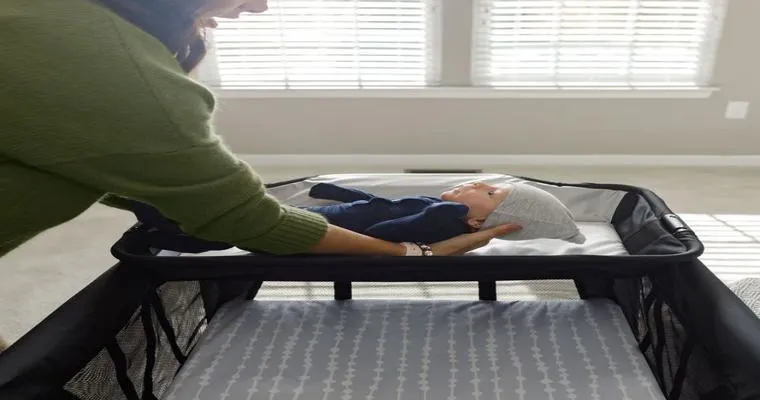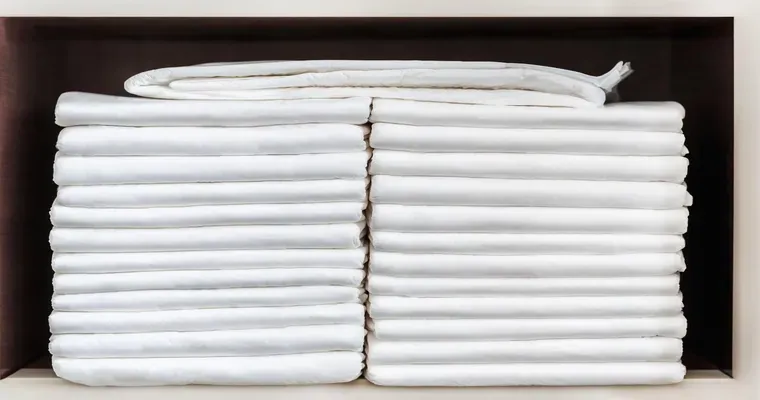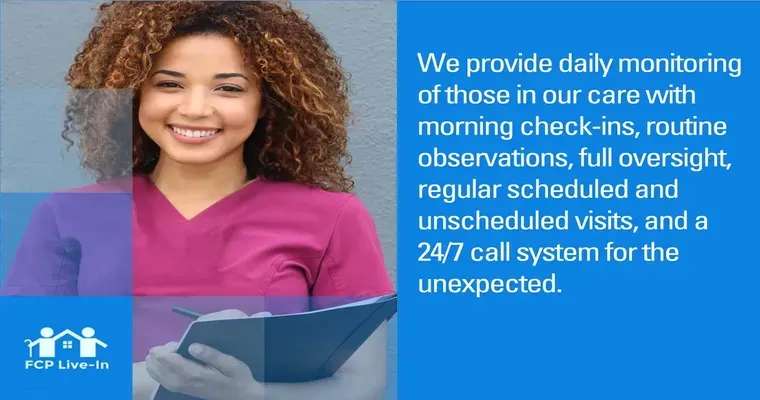Caring for a loved one with "fecal incontinence" can be a challenging and emotionally taxing experience. Understanding the condition and implementing effective strategies can significantly improve both the caregiver's and the patient's quality of life. This article aims to provide practical advice and support for those who find themselves in this situation.
Understanding Fecal Incontinence
Fecal incontinence is the inability to control bowel movements, leading to involuntary leakage of stool. It can occur for various reasons, including age-related changes, neurological disorders, gastrointestinal issues, or as a result of surgery. Understanding the underlying cause is essential for effective management.
Communication is Key
Open and honest communication with your loved one is crucial. Discuss their feelings about the condition and any concerns they may have. This can help reduce feelings of embarrassment and isolation. Remember, many people experience this condition, and it is important to approach the topic with sensitivity and compassion.
Establishing a Routine
Creating a regular "bathroom schedule" can help manage fecal incontinence. Encourage your loved one to use the bathroom at specific times each day, such as after meals. This routine can help train the body and reduce accidents.
Dietary Considerations
Diet plays a significant role in bowel health. Encourage a balanced diet rich in fiber to promote regularity. Foods such as fruits, vegetables, and whole grains can be beneficial. Additionally, staying hydrated is vital, as it helps soften the stool and makes it easier to pass.
Staying Prepared
Accidents can happen, so it is essential to be prepared. Stock up on "incontinence products" such as pads, adult diapers, and wipes. Carrying a small bag with these items when going out can provide peace of mind for both you and your loved one.
Seeking Professional Help
Consulting a healthcare professional is vital for managing fecal incontinence. They can provide guidance on treatment options, which may include medications, physical therapy, or surgical interventions. Additionally, there are specialized support groups and resources available that can offer assistance and community support.
Emotional Support
Fecal incontinence can lead to feelings of shame, depression, and anxiety for both the individual affected and their caregiver. Providing emotional support and encouragement is essential. Engage in activities that promote well-being and happiness, such as hobbies, social events, or simply spending quality time together.
Educating Yourself and Others
Educating yourself about fecal incontinence can empower you as a caregiver. Understanding the condition, its causes, and management strategies will help you provide better care. Share this knowledge with family and friends to foster a supportive environment for your loved one.
Conclusion
Caring for a loved one with fecal incontinence requires patience, understanding, and effective strategies. By fostering open communication, establishing routines, and seeking professional help, you can create a supportive environment that enhances their quality of life. Remember, you are not alone in this journey, and there are resources available to help both you and your loved one navigate the challenges of fecal incontinence.





